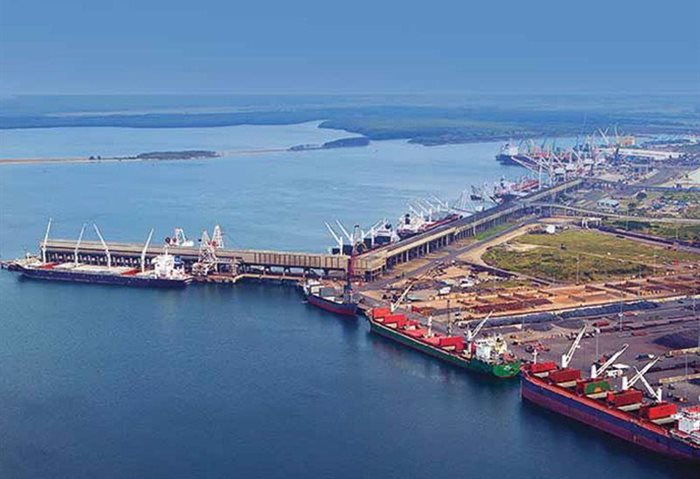Why SEZs will play a major role in Africa's mining industry future

SEZs are business parks or cities that have been created for the purpose of attracting foreign direct investment. They have their own rules and regulations which exist separate from those of their home countries. There are more than 12,000 SEZs worldwide, roughly half of which have been extensively mapped out.
African governments see SEZs as a way to contain the harmful effects of the mining industry while retaining the economic benefits.
The mining industry plays a key role in the development of nearly all of South Africa’s SEZs. Several South African SEZs have been specifically created for the purpose of fostering innovation in the mining sector.
South African zones
Platinum Valley, located several kilometers outside of Pretoria, seeks to revolutionise Africa’s production of hydrogen fuel cells. The zone, which is managed by multinational mining company Anglo American, combines two critical elements of the hydrogen fuel cell supply chain: hydrogen and platinum. South Africa is home to 75% of the world’s known reserves of platinum, making it a prime location for the creation of a hydrogen fuel cell cluster. The valley will offer various incentives to companies including significant corporate income tax breaks, wage incentives for salaried employees, and the ability to write off expenses on various types of capital goods.
The Musina-Makhado Special Economic Zone in northern Limpopo will be home to a Chinese coal-fired steel refinery. Chinese companies locating in the zone will be allowed to benefit from South Africa’s industrial incentives. Conversely, the South African government hopes that the zone will help the country retain more of the steel supply chain domestically. Proponents hope that the project will create 11,000 jobs. Opponents worry about the project’s environmental impact and ties to the Chinese government.
Other South African zones like the Fetakgomo-Tubatse Industrial Hub also hope to primarily target the mining industry.
Managing domestic mining industries
Many other African countries are using SEZs to manage their domestic mining industries.
The government of Zimbabwe granted chrome and platinum miner Tharisa SEZ status on land where one of their mines was located. SEZ status means that Tharisa will receive reduced tax rates, duty-free importation of raw materials and equipment, and benefits from less strict currency exchange rules. AVZ minerals is attempting to receive a similar designation for its mines in the Democratic Republic of Congo. Other countries such as Senegal and Nigeria are creating new SEZ frameworks specifically targeting the mining industry.
The growing trend of creating mining-centric SEZs will play a major role in the African mining industry in years to come.










